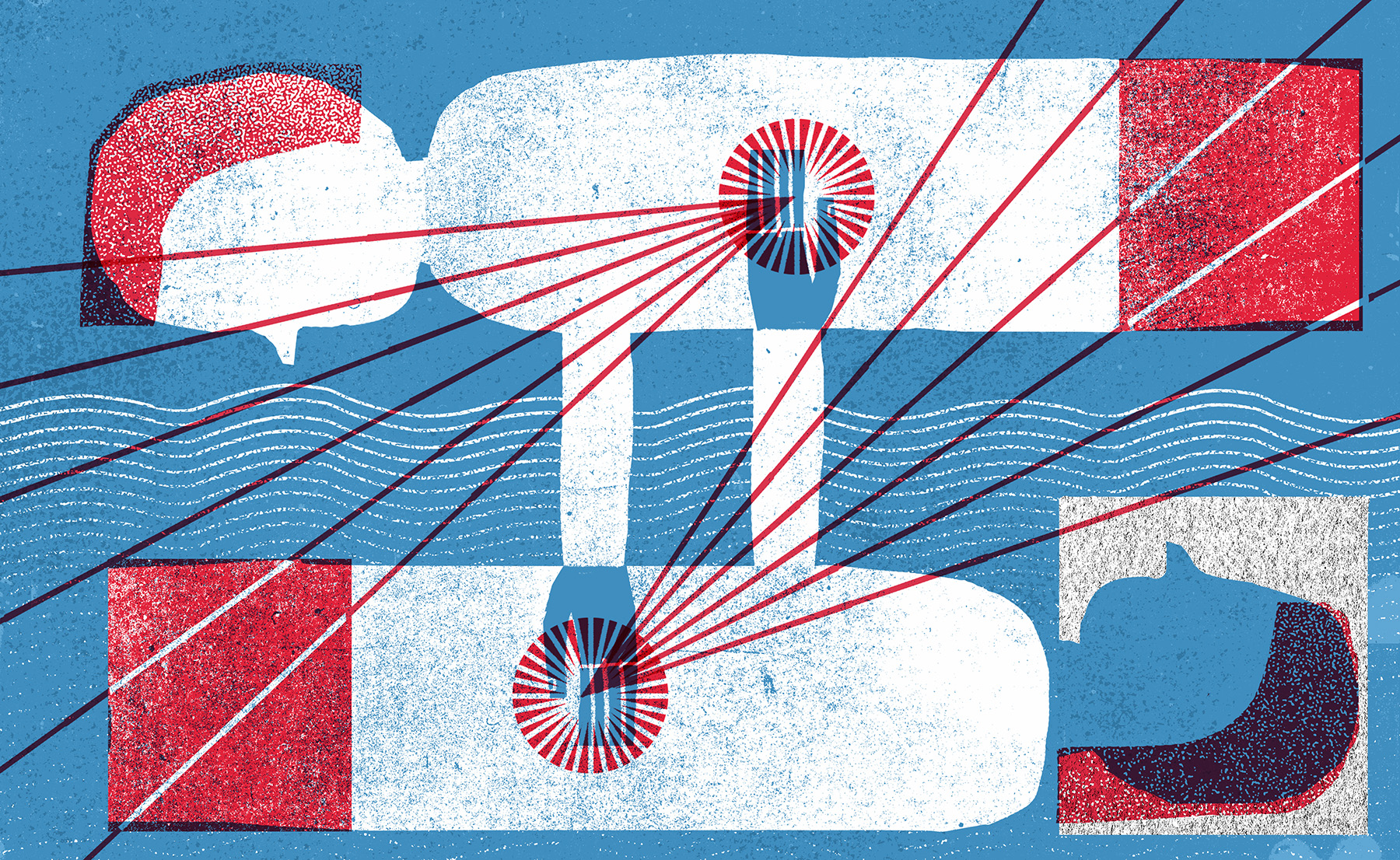
"LehreN"
Christiane Iven has participated in the „Fachprogramm für Musik“ within the Alliance for University Teaching „LehreN“ and within one year has developed a project in the team on „Mentoring as a Paradigm of Artistic Teaching.“
Mentoring – Earnings from a university development program for music
The Alfred Toepfer Foundation is a non-profit foundation that operates throughout Europe in the fields of culture, science, education and nature conservation.
It is in leading position in the Alliance for Teaching, to which numerous other organizations up to the BMBF (Federal Ministry of Education and Research) belong. In the “LehreN” program, universities with the same subject areas are networked and their exponents are invited as teams to take part in a cross-locational exchange of expertise. These specialized programs aim to promote the development of teaching at the respective universities
Artistic Teaching – Specialized Program Music
“One should…think in peace”, it had said in the tender. In collegial work with people and teams from other locations, the opportunity should be given to develop and sharpen visions. The guiding question was: How can artistic teaching or the teaching of the artistic be designed in such a way that teachers and universities can meet their responsibility for graduates, also in face of the increasingly changing professional perspectives?
When asked to do so, a small team of colleagues at the University of Music and Performing Arts Munich had interesting discussions across disciplines and institutes. They resulted in a project outline and an application for the advertised program. The submitted program “Coaching/Mentoring of the Artistic” was accepted by six other universities. We were invited to participate in the specialized program Music Teaching.
Our starting point was reflecting the culture of teaching. Mentoring seemed to us to be a promising term for a pedagogical attitude that is worth to be highlighted and deepened. It describes mentoring as an aspect of teaching in which the individuality of learners/ students is particularly encouraged and supported, similar to a platonic dialogue.
In this context we were dealing with questions like: What is the difference between concepts of study courses that aim to make musical performance the basis of a later professional career and those that aim at a pedagogical activity? How is artistic professionalism, which is constitutive in both fields, initiated and what conceptual differences can be observed? To what extent do general attributions that musical skill and perfection predominate in the study of the artistic subject, while in other cases scientific reflection is assumed? Is one case more concerned with the possession and handling of implicit knowledge, while the other is dealing with explicit knowledge?
With regard to this, we have pursued the idea that the professionalization of the musical-artistic, whether for purely artistic of artistic-pedagogical professions (which also includes the teaching profession), should not only be an education but an educational concept that is diverse itself. In this concept, students should be given the opportunity for an autonomous development. We are convinced that a culture of communication that is sensitive to observation and respectful of others is crucial to the success of the development described above. It offers chances for emotional, physical and mental growth, enables insights into one`s own resources, talents and desires as well as knowledge of situations and requirements of the profession. Terms like counseling, mentoring, team-teaching or collegial supervision could play an important role here. Intensive musical work could then possibly be carried by more than one single teacher and would be supported (not competitively) by offers from other people.
Mentoring as a paradigm for the teaching of the artistic
This headline stands at the end of the year`s work for a more elaborate concept of mentoring. Components of mentoring could enrich existing teaching structures at the University of Music and Performing Arts Munich. They could complement, support and accompany in many ways the proven and familiar aspects of the current teaching.
Christiane Iven, Hans-Ulrich Schäfer-Lembeck
